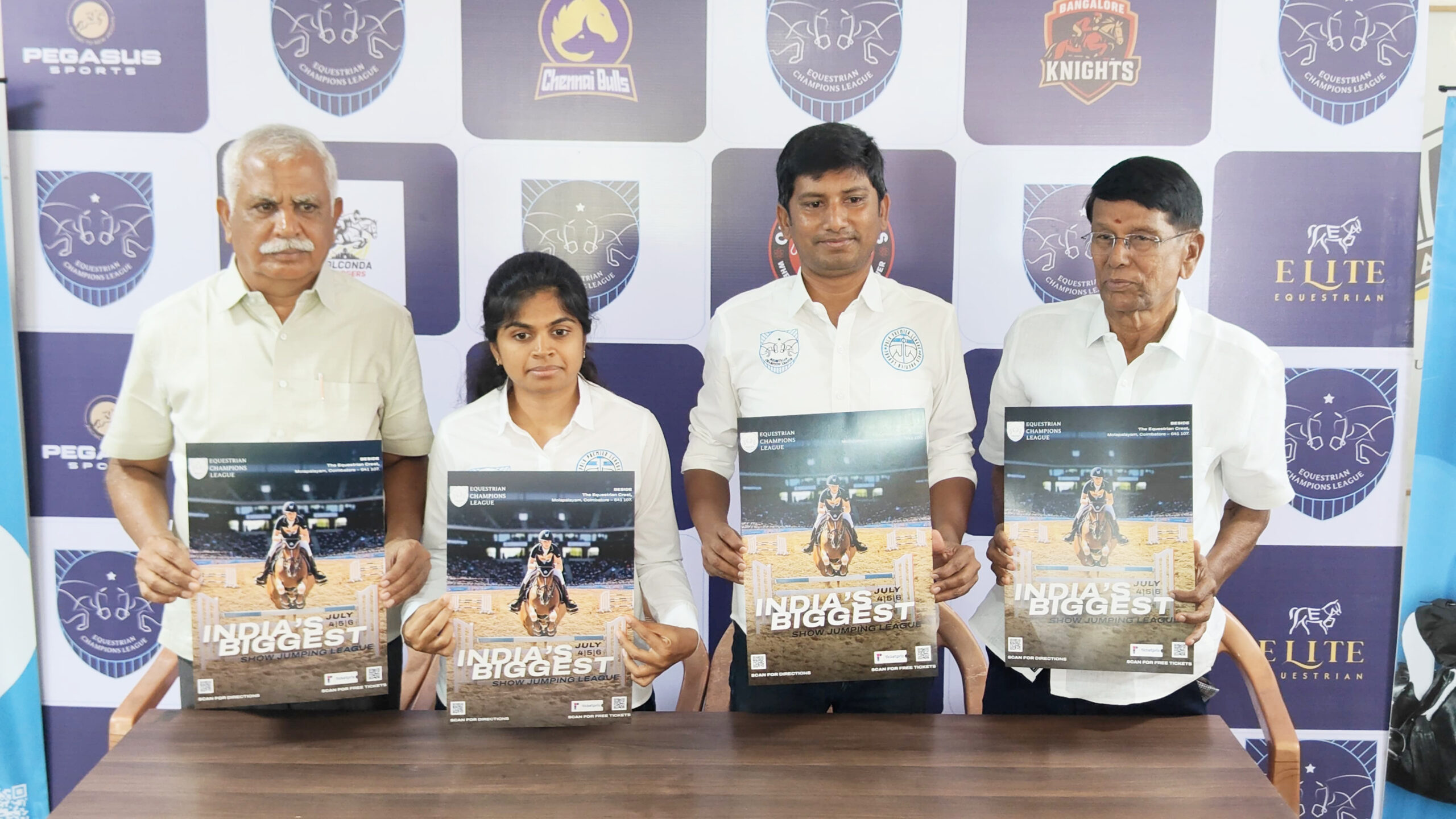Trending Now
- “If Edappadi Palaniswami permits, a thousand young members from the Virudhunagar district AIADMK are prepared to take up arms and engage in battle under my command.” – Former AIADMK Minister Rajendra Balaji
- “India is ready to deal with any counter-attack by Pakistan” – Wing Commander Vyomika Singh
- Central govt orders extension of CBI Director Praveen Sood’s tenure for another year
Business
Indian Researcher Creates Technology that Makes Search Faster, Easier on Low-end Devices, with Basic Internet
![]() September 13, 2017
September 13, 2017
MARCONI SOCIETY HONORS ANANDA THEERTHA SURESH WITH THE PAUL BARAN YOUNG SCHOLAR AWARD
Imagine an Indian user with a basic feature phone, doing an Internet search with a slow net connection. The phone sends all the information about the search to a distant server, which sends all the information back to the phone. The bottleneck is the uplink which connects to the network. A logjam there means long waits — and a big data bill for the mobile phone user. Now, what if the information sent, could be stripped of all non- essentials, then compressed to make the to-and-fro journey significantly faster?
The work of a young Indian researcher — Ananda Theertha Suresh– has made this happen. This work is now used by millions of people within speech and keyboard input applications in Google products.
The Marconi Society, dedicated to furthering scientific achievements in communications and the Internet, will honor Suresh, Google Research Scientist and PhD from the University of California, San Diego, with the 2017 Paul Baran Young Scholar Award. The 28-year-old researcher will receive the award at a ceremony in Summit, New Jersey (US) on October 3, 2017.
As a PhD student at UC San Diego, Suresh’s research focused on understanding the most efficient ways to use information, data and communication.
Says Alon Orlitsky, Professor of Electrical and Computer Engineering at UC San Diego Jacobs School of Engineering and Suresh’s PhD advisor: “Ananda applied his philosophy to several important tasks in probability estimation, compression, classification, and closeness testing. In all these problems he derived crisp, insightful, and surprising results that often required broad vision, keen intuition, and mastery of diverse technical skills, a highly unusual combination for such a nascent researcher.”
At Google Research, New York, Suresh’s work helps provide sophisticated communications capabilities, to people with low bandwidth Internet connections and low-end devices. Suresh follows his passion to make communications available to everyone. Access and opportunities for those in developing countries are limited by low-bandwidth Internet services, as well as by low-end devices that have limited storage and intelligence. Suresh’s algorithms reduce data sent and data costs by orders of magnitude.
Adds Dr. Michael D. Riley, Principal Research Scientist and Manager at Google Research, “Ananda’s research has already led to algorithms that give better compression for a given decompression time budget than we have previously used.”
Bangalore Days
A native of Karnataka, India, Suresh was born in Bangalore and did his schooling and college there, at Sri Rajarajeshwari Vidya Mandira, Vijaya High School, and National College Jayanagar.
He obtained his Bachelor’s degree in Engineering Physics at IIT Madras in 2010 and went to the US where he did his engineering Masters and PhD at UC San Diego between 2010 and 2016.
Suresh’s late father ran a printing press in the city. His mother is a homemaker. As the first in his family to attend college, Suresh’s goal is to deeply understand the fundamental limits of what is possible in data science so that he can develop a set of tools that will make an impact on people who have access to only limited resources.
“I am a great admirer of some of the previous Marconi Society Young Scholar winners and I am humbled and honored to be in their company,” says Suresh. “I look forward to interacting with the other Young Scholars and Fellows. I know that talking with them and learning from them will inspire me to tackle the most challenging problems in the world.”
Marconi Young Scholar candidates are nominated by their academic advisors. Winners are selected by an international panel comprised of engineers from leading universities and companies, and receive a $4000 prize plus expenses to attend the annual awards event. Three other Young Scholars were also selected this year. More than the cash prize, Young Scholars are offered valuable mentoring and guidance by some among Marconi Society’s distinguished roster of engineering greats.
In an interesting aside about this year’s Marconi awards, persons of Indian origin will receive prizes in three categories. While Suresh receives his award in the Young Scholar category, former Bell Labs chief Arun Netravali, regarded as the “father of digital video,” will be honored with the $100,000 Marconi Prize. And legendary Stanford University Professor Emeritus, Thomas Kailath is being honored with the Marconi Society’s Lifetime Achievement Award.
About The Marconi Society
Established in 1974 by the daughter of Guglielmo Marconi, the Nobel Laureate who invented radio, the Marconi Society promotes awareness of key technology and policy issues in telecommunications and the Internet, and recognizes significant individual achievements through the Marconi Prize and Young Scholar Awards. More information may be found at www.marconisociety.org.
























